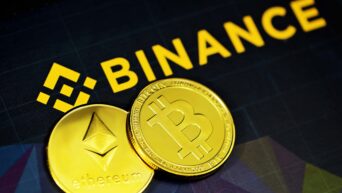USB flash drives, or memory sticks as they are sometimes called, have eliminated the need for people to back up or save data on floppy disks or rewritable CD’s. Along with being convenient, small, quite robust and easy to store in a jacket pocket, purse, or wallet, they make the transfer of files from one computer to another very easy and hassle-free. What makes them particularly attractive is that they can store vast amounts of data, and 4GB,8GB, 16GB and 32GB versions are available almost everywhere, from convenience stores to mega-marts.
Furthermore, they are inexpensive and ideal for students. The first USB flash drives that were available on the market were very expensive; in fact, when I purchased my first one at an electronics show in Shenzhen, China back in 2003, it was almost considered a novelty in North America and my Canadian classmates assured me that an investment in rewritable CDs would have been much wiser. My 4 GB drive cost me a whopping $35 dollars; perhaps the merchant who sold it to me was laughing; however when I went back to Vancouver shortly afterwards, the going price for a 2GB version was much more expensive. After a few weeks of using my USB flash drive, I found it was far superior to CDs or any other storage method, and within a few short months, all of my classmates had switched over as well.
There are some disadvantages to using USB flash drives. The first disadvantage is obvious; because they are so small they are incredibly easy to lose. The second big disadvantage is that file transfer is slow; most USB memory sticks use a USB 2.0 interface to connect to a computer and transfers that would take a few seconds using an external hard drive will take several minutes. There are some USB memory stick critics who say that even though the little flash drives are convenient and inexpensive, they will become obsolete; they predict that more and more people will chose storage options such as the Cloud to store and transfer their data.
Some even claim that because USB drives are now ubiquitous and get treated like cheap trinkets that people will think they are that: cheap trinkets of no value. With this line of reasoning, people will prefer more expensive storage options because they believe that price will equal good value. Until storage methods like Cloud storage can come up with a way for people to access their files if their link to the internet gets severed, USB flash drives, because they are inexpensive and do their job well, are unlikely to disappear any time soon. Even though external hard drives have much larger capacities, can perform file transfers faster and are coming down in price to somewhat affordable levels, they are still out of the financial reach of most students who desperately need dirt cheap storage option. USB flash drive manufacturers can rest assured that as long as there are students, there will always be a market for the tiny memory drives.































